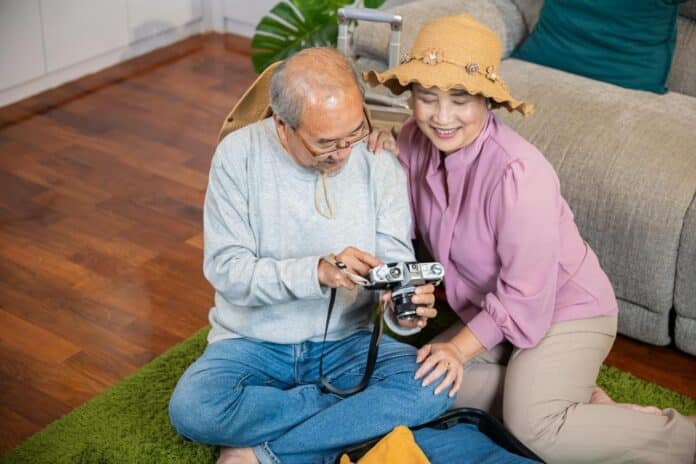Experts from Harvard and University of California-San Francisco advise evaluating individuals with dementia and those who care for them for loneliness. This is because social well-being falls for both groups when the illness worsens. This is because both groups experience declines in social well-being as the disease progresses. In the study, patients with an average age of 80 lost social connections as their memory declined, making conversation difficult and causing discomfort among family and friends.
As their caring responsibilities rose, caregivers—who were, on average, 67 years old—became more isolated. This included spouses and adult children. They also lamented the end of their prior connections with the patients.
Ashwin Kotwal, MD, assistant professor of medicine in the UCSF Division of Geriatrics and first author of the study, said, “Unmet social needs negatively impact the quality of life, and that can lead to health outcomes like depression and cardiovascular disease, as well as high health-care use and early death.”
According to research, older persons who experience more excellent social isolation are twice as likely to enter nursing homes, as stated by Kotwal, who is also associated with the VA Health Medical Centre in San Francisco. The study used data from about twenty male dementia patients and forty female carers, some of whom had just experienced a loss.
Krista Harrison, Ph.D., from UCSF Division of Geriatrics, Global Brain Health initiative, and Philip R. Lee Institute for Health Policy Studies, the study’s senior author, said, “Participating in support groups, where patients and caregivers meet separately, can be stress-free ways to socialize and seek advice.”
“Clinicians should suggest community choirs tailored for dementia patients and carers,” she added. As dementia worsens, recreational hobbies can still be pursued, according to an earlier study. Easy adjustments can be beneficial, such as moving from going to a place of worship to participating in a Zoom session with a small group at home.
A new study headed by UCSF looked at married couples with dementia in one of the partners. After learning that their partner had dementia, they found that even couples who were extremely happy in their relationships experienced increased loneliness.
However, those in low-quality relationships weren’t affected by their partner’s dementia despite experiencing higher rates of depression and loneliness overall. Kotwal, the study’s senior author, explained that individuals deeply invested in their marriage suffer more when one partner has dementia.
On the other hand, people in lower-quality partnerships had previously experienced a loss of emotional support from their union, which may have shielded them from despair and loneliness.
Being socially active is essential for people with dementia and those who care for them. Interacting with others and getting the proper support helps them feel better emotionally and happier overall. We must keep working on creating ways for them to stay connected with others because it dramatically affects their feelings and quality of life.
Journal reference:
- Mary Louise Pomeroy, Thomas K M Cudjoe et al., Association of Social Isolation With Hospitalization and Nursing Home Entry Among Community-Dwelling Older Adults. JAMA Internal Medicine. DOI: 10.1001/jamainternmed.2023.3064.
